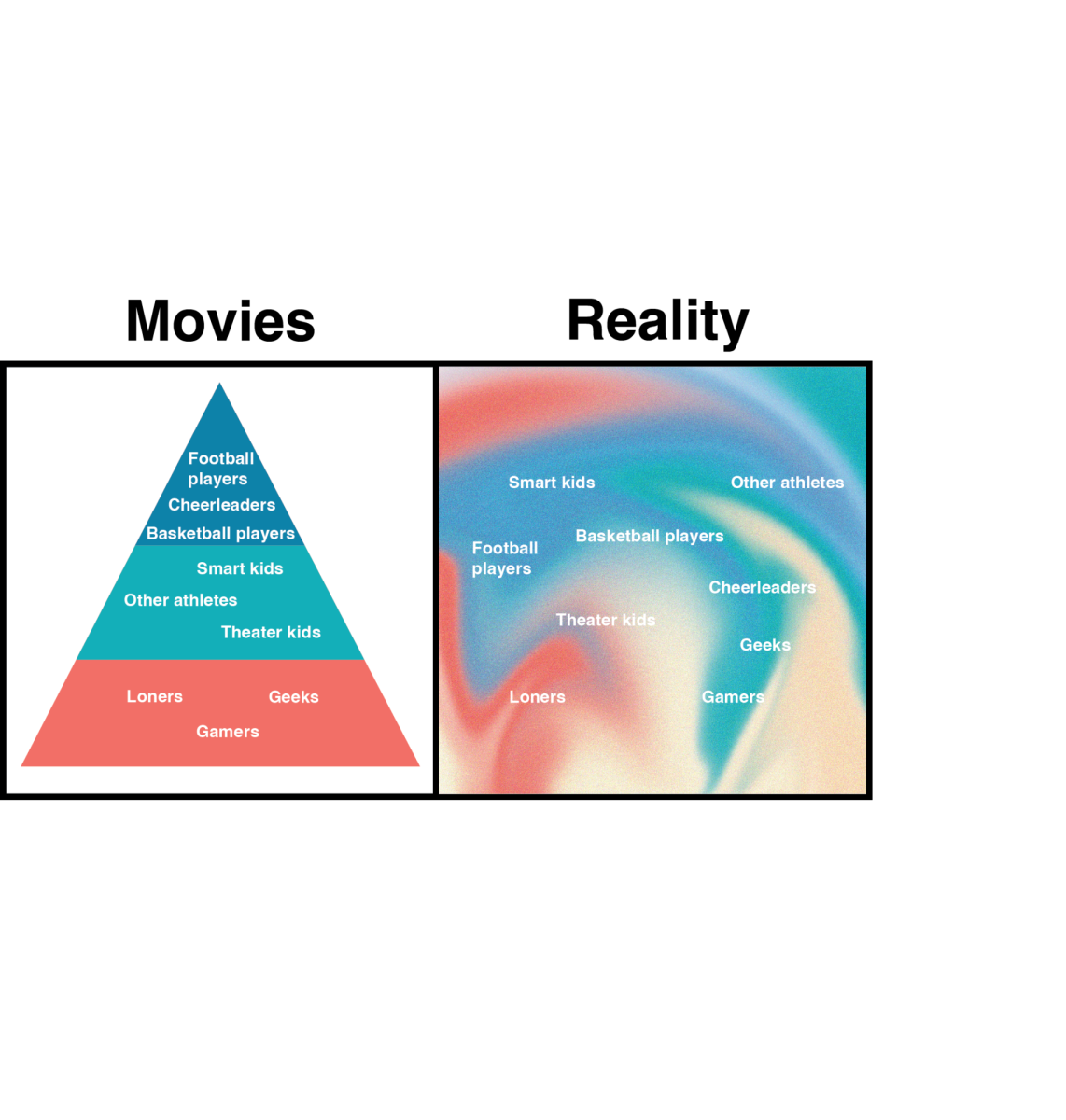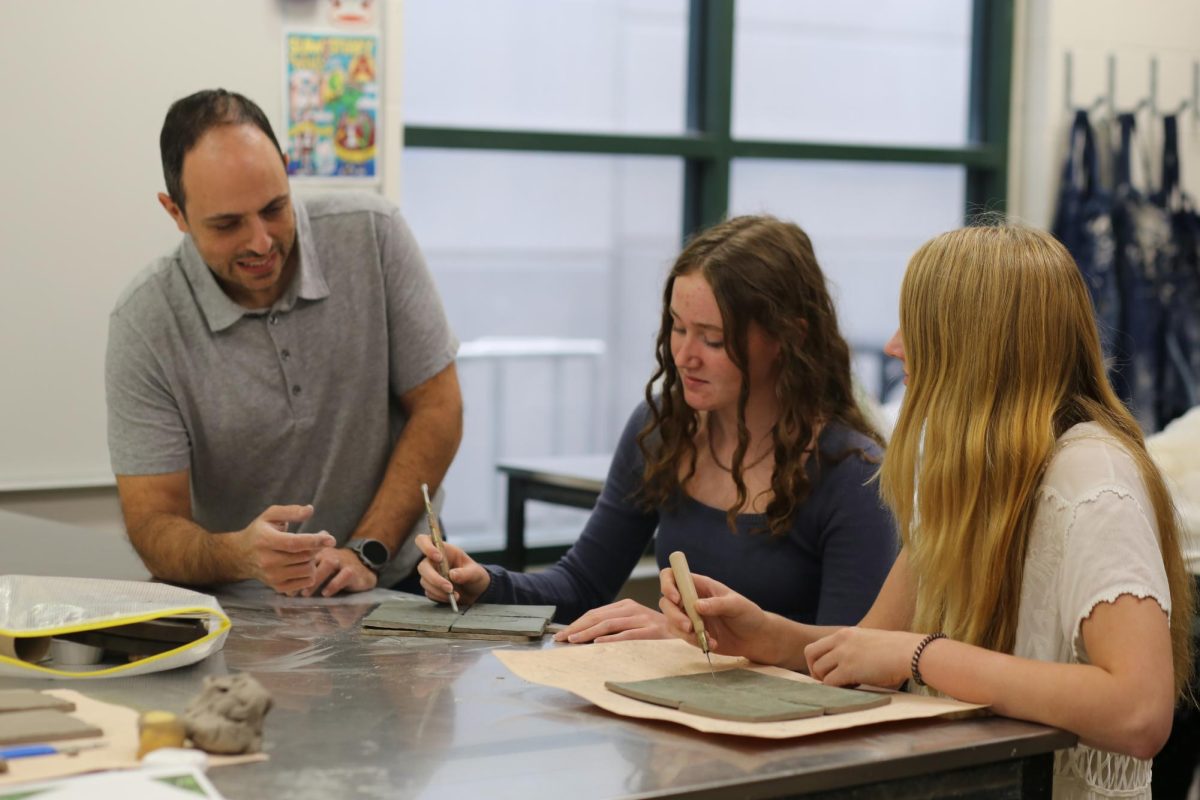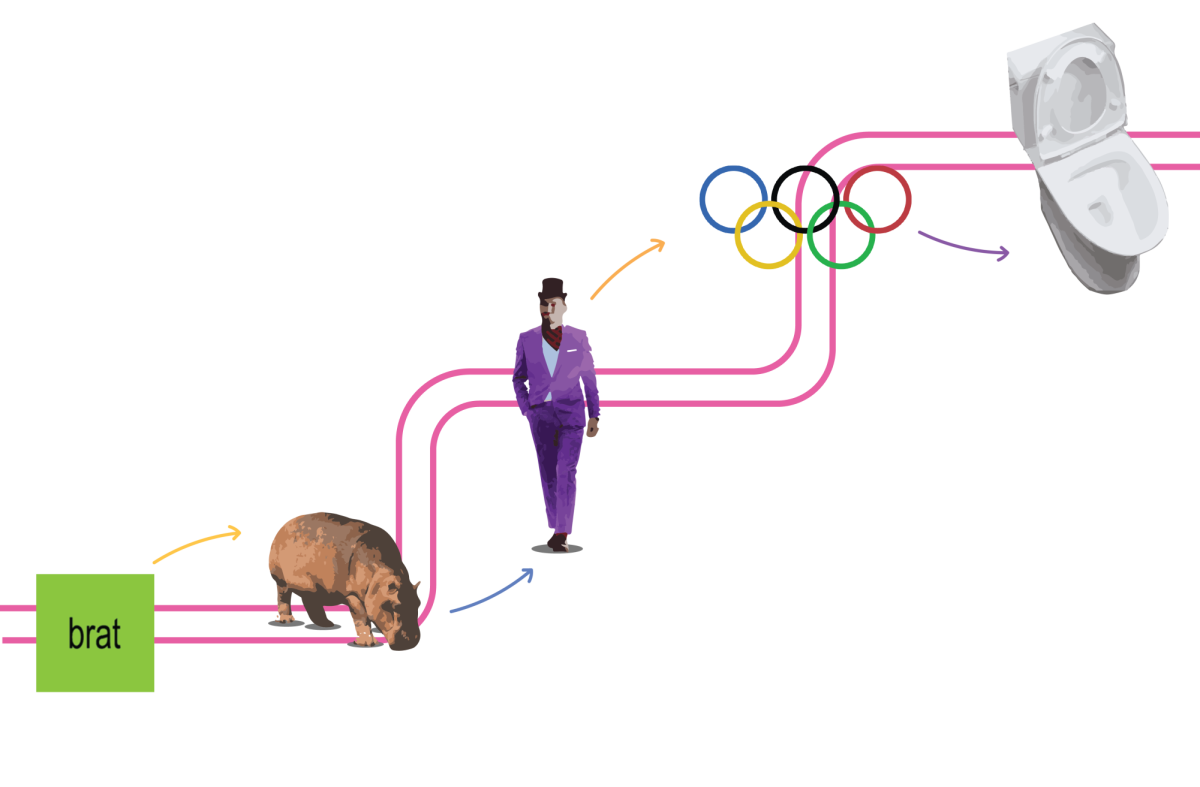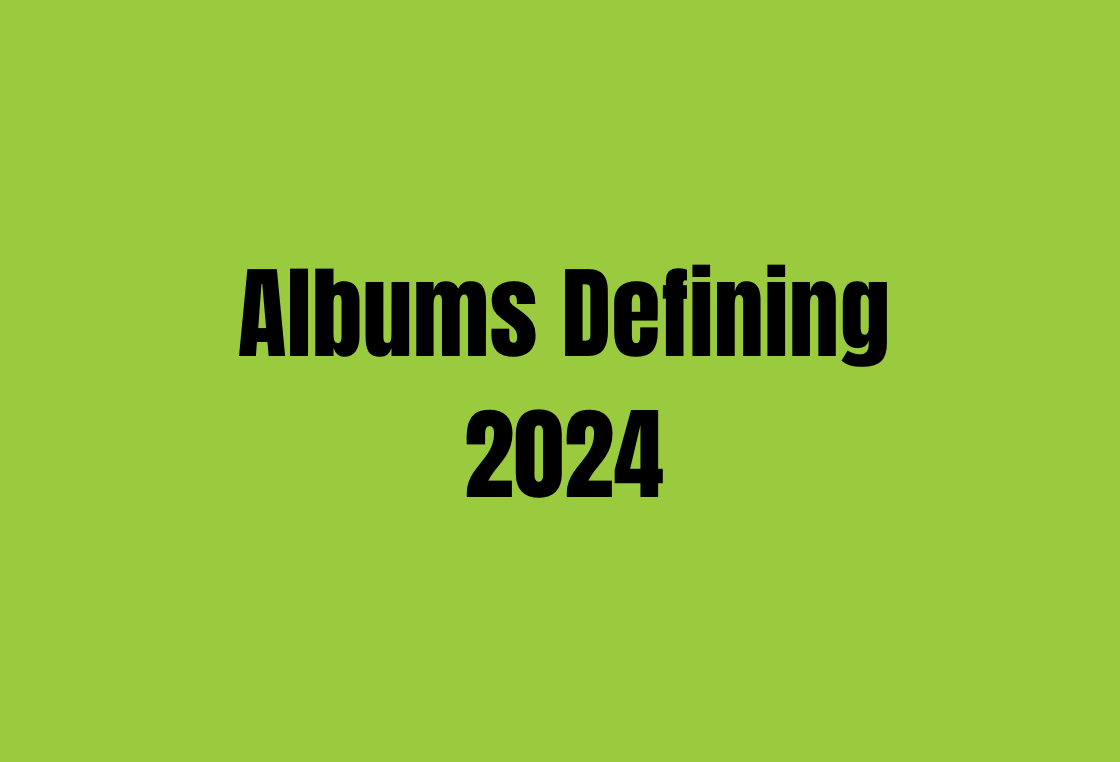The COVID-19 pandemic has been at the forefront of every newspaper and press conference since March and isn’t likely to leave the spot above the fold anytime soon. Overwhelmed hospitals and increased stay-at-home orders around the world are leading to complaints from citizens and a growing sense of fear; that was to be expected. Yet the pandemic is also having a somewhat surprising impact on wildlife, the environment and the economy. Both the national and global economies are seeing production slowed or halted and are experiencing substantial losses. Wildlife is returning to run free in large cities, and carbon emissions have decreased substantially.
Nara, a city in Japan, boasted a large deer population prior to the pandemic. But now, due to the sharp decrease in tourist numbers, these deer have taken to roaming freely around the city. Unfortunately, the deer are unaccustomed to searching for food by themselves and are more susceptible to vehicles as they walk down the streets and subway stations of Nara. However, science teacher Scottie Smith said that the deer are likely to adapt quickly to the new situation.
“Something like a deer … can handle an urban ecosystem,” Smith said. “Where I lived in Auburn, there were deer everywhere all the time. So it’s not like deer don’t persist in urban environments, you may just see them more [now].”
Unfortunately, this phenomenon is unlikely to last for long. Smith said that humans will likely push the wildlife back out of the cities once the pandemic passes.
“[Nature] will start to immediately encroach as the humans draw back, that’s just how nature works,” Smith said. “Will it encroach enough to get our attention? Probably not. I mean people like to see deer but then they won’t do anything about climate change. [Although], deer will still be around after climate change … giant pandas, not so much.”
The global reduction of carbon emissions is arguably having a more immediate and positive effect on nature. Many people have ceased travelling and some countries have halted industrial production to focus on fighting the pandemic. According to data from the Centre for Research on Energy and Clean Air, coal consumption in China decreased by about 25% (saving about 150 million metric tons of carbon dioxide) during a four week halt of industrial production in early 2020. Yet, this decrease will likely be more than made up once production gets going again.
“I think as soon as humans start getting back to what we always do, we’ll totally ignore the environment,” Smith said. “Honestly, it’ll probably take something along the lines of coronavirus to make people start paying attention to the environment.”
Most countries are now focusing their efforts on containing the coronavirus. These efforts, as seen in China, are temporarily benefiting the environment, yet could be simultaneously leading the world into a global recession. Some experts say that an economic disruption of this magnitude could distract from the climate crisis and funnel funds away from it. However, as seen in the US in 2008, an economic recession could lead to a drop in carbon emissions and might take years to return to pre-recession levels.
Social science teacher Kelly Aull says that economic recovery can only begin once the influx of new cases slows. Even then, the government will need to put the pieces in place before the global economy can start recovering.
“As long as those things don’t take as long as six months, … we should be able to avoid an official recession,” Aull said. “But millions of additional unemployed persons [are] pretty hard to ignore. So official recession or no, we’re definitely going to feel the effects of this for a while.”
Already, many US citizens are panicking as the US stock market has been oscillating up and down for the last couple of weeks, even experiencing the largest fall in value since the 2008 recession. Although some industries, notably the health and online shopping sectors, are seeing an increase in business, most industries are losing money as people stop going out and purchasing products. Unemployment is also quickly becoming an issue.
“There’s no quick fix for things like that,” Aull said. “Those kinds of traumatic financial situations for people can cause a lot of ripple effects. So if you have lost your job and your family has lost their health insurance. … It takes years to recover from that and build yourself back up to where you were before.”
Faced with the possibility of such dire financial and economic losses, many government officials are pushing for an end to quarantining sooner rather than later. However, a study of American cities during the Spanish flu pandemic conducted by researchers at the Federal Reserve and MIT suggests that this might not be such a good idea. The researchers found that cities who implemented early and aggressive stay-at-home orders not only saw less cases of the flu, but also had a quicker turnaround economically. On the other hand, loosening stay-at-home orders prematurely could worsen and prolong the effects of the pandemic which would in turn worsen the economic situation in the long run.
“I think you really got to prioritize these things and I don’t know that you can possibly prioritize the economy over people’s health,” Aull said. “So that’s got to be our first priority: making sure that we do everything we can to maintain a healthy population. … Then we can move on to other concerns.”















